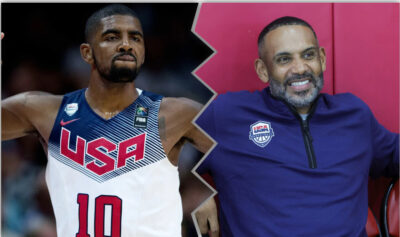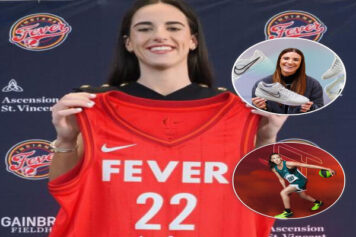Director Bill Duke has been quietly building a high quality directorial reel for over 30 years.
Recently, the Shadow League got a chance to chat with the Poughkeepsie, New York native about his new dramatic thriller Created Equal.
Veteran actor GregAlan Williams, who currently stars on Green Leaf, co-stars in the film as Judge Watford and was available for the interview as well. Created Equal, which stars Lou Diamond Phillips, Aaron Tveit and Edy Ganem, was written by Ned Bowman, Thada Catalon, Joyce Renee Lewis and Michael Ricigliano Jr and delves into very controversial ground. It tells the story of a young nun who wants to become a priest, and the legal fight that follows. Such interesting subject matter was fertile ground for a very interesting conversation.
TSL: How would you summarize this film, Mr. Duke?
Bill Duke: The church itself has a belief system that they believe comes from the very source of God. So, the calling on the individual who was a nun is one thing, but theres also a calling on the part of the Church. The state must determine which of these callings is more important.
GregAlan Williams has appeared in over dozens of film and television projects dating back to Above the Law in 1988 and Baywatch not long after that. With nearly 30 years in the business, Williams was uniquely prepared for his role as a judge in this film.
I think people have the right to worship God and establish their traditions, Williams said. “But I think whats most important is that we support individuals who challenge the norms within communities. I went to a Jesuit boarding school, Im familiar with the Catholic Church, its professionals and that sort of thing. I dont think w e can say you have to do this or that. But in one of my communities, the African-American community, we understand that a lot of Jim Crow was as much a tradition as it was in statute.”
So we had to challenge those traditions,” Williams continued. “And the people who came to support people of color, they challenged those traditions. I think thats whats important. It doesnt come down on one side or the other, but it makes us aware that there are individuals who are aware of a certain communities traditions, hyper-aware even. And there are individuals who wish to challenge those traditions, and we dont know who within the Catholic Church would be energized and empowered by it.
“One of the things that presented itself is, because we disagree doesnt mean that you are my enemy, which is particularly important in todays atmosphere and climate,” said Duke in tying a bow on that angle. “We arent each others enemy because we disagree. I think that is a very important message.
TSL: Mr. Duke, what was it like directing the cast through a project that is meant to be even handed, while bringing out the best in each along the story arc?
BD: The great part about working with great actors is collaboration, Gregs a great actor and all the people that I worked with. It was a collaboration but it was my job to direct (Aaron) through the difficult times of the character arc. The character starts one way, connects with his humanity, and he changes. He changes from a person who is self-oriented to a person who cares about something larger than his ego and his self interests. Thats a message that we really wanted to put forth in this movie. He did it so eloquently and it was a pleasure to see.
“CREATED EQUAL” FIRST LOOK TRAILER
Desperate to become a priest in the Catholic Church, Alejandra Batista turns to Thomas Reilly, a successful lawyer who files suit against the Archdiocese of New Orleans for sex discrimination without justifiable cause. As the trial unfolds an extremist concocts a plot to stop the heresy against the church by attacking Alejandra and threatening to kill her if she doesn’t back off.
TSL: Though you were attempting to be as even-handed as possible, what were some of the obstacles you faced trying to get the film done, Mr. Duke?
When we tried to get locations at certain churches, they didnt want us to film there because the assumption was that it was an anti-catholic film. We told them we would never do that. It serves no purpose for us to condemn a religion or to condemn the catholic church. These were people who had not seen the script, not seen the film, and it was a challenge, and Im sure it will still be a challenge because people make assumptions. I think when people see the film and see what were talking about theyll see that its not against the church but it is for humanity.



